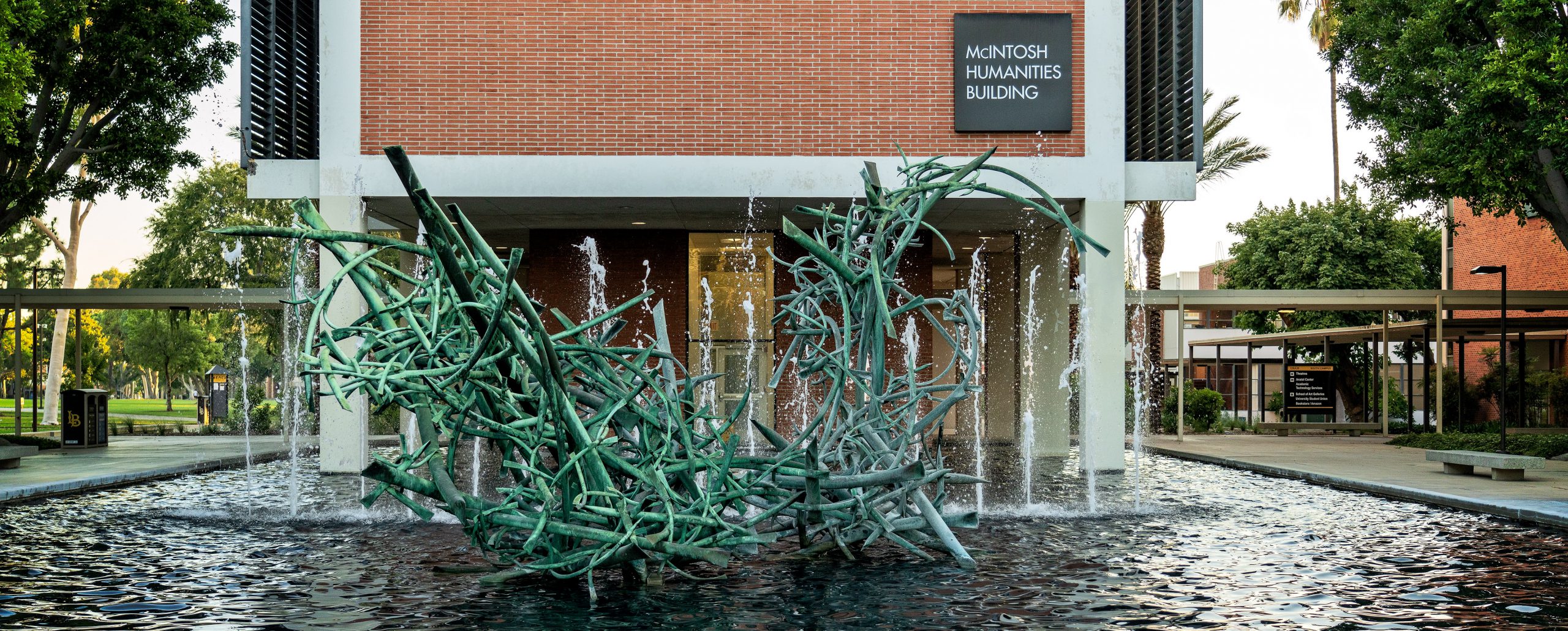Navigating Backlog Of Untested Rape Kits
June 21, 2016Published: June 20, 2016
Psychology’s Courtney Ahrens knows what to do when the past interrupts the present after examining the nationwide rape kit backlog.
A study based on her findings, conducted in conjunction with the Joyful Heart Foundation, was released in summary recently and sent to police jurisdictions and advocacy groups nationwide. A webinar on Ahrens’ findings was held in May.
The report, titled “Navigating Notification: A Guide to Re-Engaging Sexual Assault Survivors Affected by the Untested Rape Kit Backlog,” has as its goal the creation of survivor-centered, trauma-informed policies and protocols for victim notification, explained Ahrens, a member of the university since 2002.
When states and local jurisdictions began to process the hundreds of thousands of untested rape kits that have been discovered in police warehouses nationwide, they were faced with the question of how to re-engage survivors whose cases were often years—sometimes decades—old in a manner that was not re-traumatizing. Ahrens partnered with the Joyful Heart Foundation—a national policy and advocacy organization dedicated to transforming society’s response to sexual assault, domestic violence and child abuse—to bring together the voices of more than 90 survivors and criminal justice, medical, clinical and advocacy professionals to establish a set of best practice recommendations for victim notification.
“I hope this report will help to ensure that we reconnect with survivors in a way that is compassionate, empowering and respectful of their privacy,” Ahrens said.
The discovery 10 years ago of a backlog of unprocessed rape kits came as a shock to many assault survivors.
“The survivors had each submitted to a three-hour internal and external exam by medical professionals to look for DNA samples,” she said. “They consented to this highly invasive and traumatizing procedure because they thought it would help to identify the perpetrator. But in hundreds of thousands of cases throughout the country, these kits were never submitted for processing. They were placed in police storage facilities and left sitting there.”
Ahrens’ research included 79 interviews with police officers, prosecutors, clinicians, advocates and policy experts as well as 19 further interviews with assault survivors whose kits had been part of the backlog. Out of that came 93 recommendations about how to reconnect with survivors.
“In some of these cases, it has been 10 to 15 years since the assault happened,” said Ahrens. “They haven’t heard anything from the police in all that time. And then a police officer shows up at the front door with results from a rape kit. There are real concerns about how police will manage this.”
The 93 recommendations were then put into an online survey sent back to the participants to be rated according to perceived importance and feasibility.
“What should we do?” asked Ahrens. “Should we call the person on the phone or show up at the door? Should we contact them before the kit is sent out or only after results come in?”
What Ahrens found survey participants agreed on was the importance of giving survivors choices, protecting survivor safety and confidentiality, providing emotional support and providing information.
“We need to make sure we are giving survivors voice and choice in the process,” she said. “Instead of showing up at their door dressed as police officers for all to see, why not call first? Would they like to come to the office? Would they like to be visited in their homes? Different survivors are going to want different things. A one-size-fits-all model simply isn’t going to work for everyone.”

Ahrens also found strong support for using a multidisciplinary team to conduct the notifications, providing training for those who will make the contacts and putting together materials in advance.
“The police need to be accompanied by an advocate. Resource lists need to be created. There needs to be information about how the criminal justice system works,” Ahrens said. “In the end, it is not what you do, it’s how you do it. Be nice, be respectful and give them choices.”
Ahrens received her B.A. from Smith College in 1992 as well as both her M.A. in 1998 and her Ph.D. in 2002 from the University of Illinois.
Ahrens is hopeful about the impact of this report. The U.S. Department of Justice recently released $41 million in funds to help test approximately 13,500 untested rape kits in 20 jurisdictions. Many of these jurisdictions are looking for guidance about how to re-engage with survivors.
“We have a chance to make a real difference here,” Ahrens said. “There are some good people out there who are trying to do the right thing. This research can help support their efforts.”
Ahrens believes that working on this project has been a truly inspiring experience.
“I was horrified by the extent of the backlog,” she recalled. “I remember being told by survivors that the kits represented their bodies. They told me, ‘when that kit is ignored, I am ignored.’ I found that to be a very powerful statement. Each kit is a person. To ignore those kits is to fail to help. It is an indictment of the entire U.S. criminal justice system. But I was also inspired by some of the survivors I met who took it on themselves to form their own nonprofit organizations, to lobby Congress and to help pass new legislation. They go from feeling victimized by the system to deciding to do something about the system. There is a place for all of us in this fight and I’m hoping it continues.”
To access the final technical report click here. More information is available from the Joyful Heart Foundation and by viewing the webinar.
